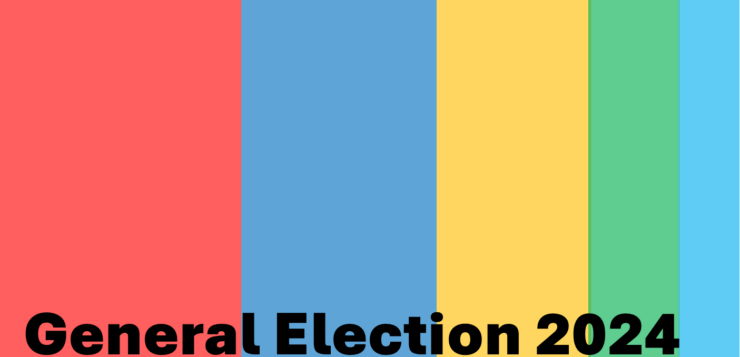In the UK we operate with a First Past The Post voting system – often referred to as FPTP – as opposed to proportional representation, in which votes are collected solely on a national level. So, what does this really mean?
Across the nation there are 650 parliamentary constituencies. For each, there is an MP who will stand in parliament an represent their constituency and party. For each constituency, parties can each put forward one candidate. Your ballot paper on July 4th will therefore most likely include those of all major parties: Labour, Conservative, Liberal Democrat, Green, Reform UK, SNP if you live in Scotland, and Plaid Cymru if you live in Wales. On top of this, candidates can stand as independent, and represent their communities without being a formal part of any party. This is most likely how your ballot will look, unless of course you live in Chorley, the seat represented by Sir Lindsay Hoyle, Speaker in the House of Commons, as other parties tend not to contest his seat. So, how is this represented on a national basis?
Over the night of July 4th, the votes for each of these individual contests for each constituency will be counted. The candidate with the most votes in each constituency will be elected as MP to the House of Commons, winning a seat for their respective party (if they are representing one).
On a national level, a party must win at least half of these individual contests across the country, equating to at least 326 seats. This means that for a party, it is important to win votes not only across the nation, but also in concentrated geographical areas. For example, at the time of writing, the BBC currently have Reform UK as receiving 16% of the UK’s vote, however, they are projected to win only a few seats, given there support is very evenly spread across the country. In contrast, the Liberal Democrats benefit from more concentrated support, so whilst they are only at 11% they are likely to pick up a handful of seats in traditionally Tory areas.
So, whilst you will be voting for a local candidate this coming Thursday, your vote will have an important say in who will be taking residency at Number 10 after the forthcoming election.




